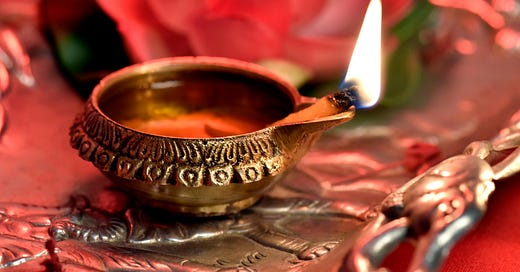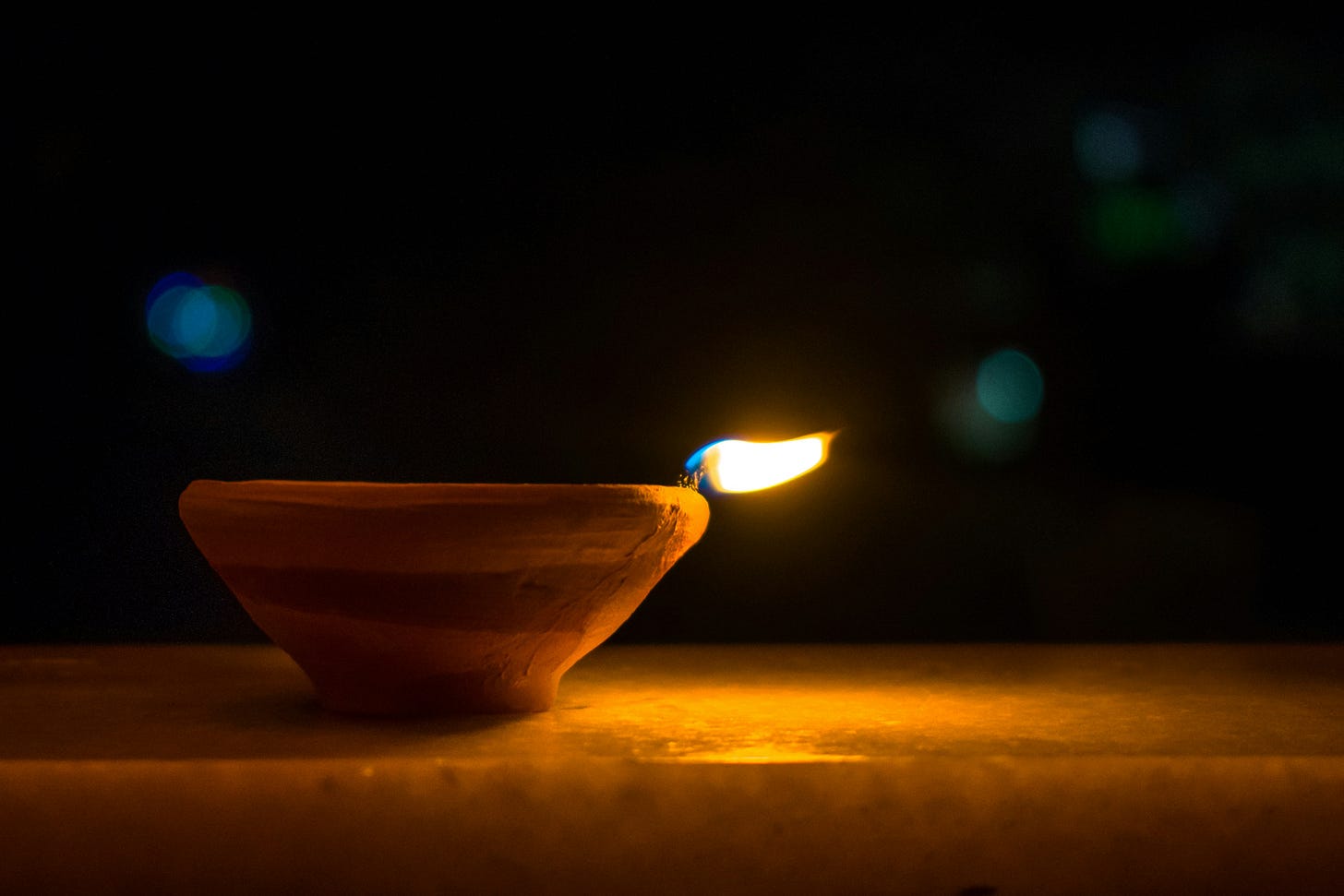Image - Naveen Sahu on Pexels
February is a tricky month for me. It’s a month full of birthdays. My nephew, my brother, my Mum, my brother-in-law, my Aunt, my cousin, another cousin and five close friends all have birthdays in February. It’s also the month of the anniversary of my Dad’s death. If you can call marking the day someone died an anniversary which makes me think of something happy, not sad. What makes it even more complicated is that the anniversary of my Dad’s death is also my Mum’s birthday. He died in the night on her birthday 5 years ago.
So it’s a complicated month. Not made easier by all the expectations about birthdays. ‘What are you doing for your birthday?’ and ‘What did you get for your birthday?’ are among the top questions I am asked. And I have to either disrupt other people’s reality by saying ‘actually I’m just figuring out how to deal with the anniversary of my Dad’s death this year’ or go along with what people really want to hear. You see, pointing it out generally makes people feel uncomfortable. What they want is the normality and sameness of talking about birthdays. And that’s fine, I’ve got used to it as people are used to birthdays being happy occasions, so I smile and go along with it.
I’ve never been particularly bothered about celebrating mine though. With all the February birthdays, by the time it gets to mine I’ve mostly had enough of cake and singing that damn song. This year was even more complicated as I celebrated what we’re supposed to call ‘milestone birthdays’. I just call it ‘getting old and turning 50’. I didn’t feel particularly sad, troubled or anxious about it. It’s just another birthday. What felt far more poignant was it being 5 year’s after my Dad’s death.
We need to talk about death
When my Dad died I was quite surprised to discover how much people struggle to talk to you about it. It’s not a particularly unusual thing to go through, but the reactions or non-reactions are very strange. Most people either say some things they think you say to people who are grieving, or they don’t say anything at all. There’s a standard script of things people say, which does make it all easier as the responses are easier too. It’s the people who don’t say anything at all who make it a very odd experience. At the time I worked in an office and the majority of people did not say anything about it all to me when I returned to work. I wrote a blog about it a few months later about the strange things I learnt about going through that time.
Blog - 10 Things I Learnt About Grief
I remember a close friend saying to me not long after my Dad died, “in a way I can talk to you about it now like I couldn’t before. You get it now. You know what I’m talking about.” Her Mum had died a year before, and she had experienced the strange way that no-one really wants to talk about it. I guess it just feels too different and uncomfortable for a lot of people. For a while we formed a strange type of ‘death club’ with our friends who had also lived through a parent dying.
The thing is, everyone will have to deal with at least a death or two at some point. Probably more than that. And even that makes people say the oddest things. Several people have told me that they won’t be that bothered when one of their parents dies. These are people who are not that close to a parent. How do they know though? Your parent, or a close relative, or a close friend dying cannot fail to affect you in some way. I’m sad when celebrities I have never met die, so I’m definitely going to feel sad and shaken when it’s people I know.
It’s even more strange when someone of a similar age to you dies. Two years ago, someone I grew up with died. The daughter of a friend of my Dad’s. We grew up together often spending time together over school holidays. As we grew up, we grew apart as most people do. We both went off to universities and lived our lives away from each other. Then she found me around 10 years ago through social media so we started talking again regularly and remembered what good friends we were when we were young. Then 2 years ago she died. Quite suddenly. She had been diagnosed with pancreatic cancer. It was very quick and such a shock to everyone who knew her. It brought death even closer to see someone my own age dying. And I saw the messages people left about her living a good life. Which she did. She was a doctor, and did lots of wonderful things with her life. But it was cut short by death and that’s difficult for people to talk about.
How can we talk about it?
A lot of this weirdness around death stems from a culture that doesn’t talk about it enough. We have ways of avoiding it, and language to hide, it. Someone ‘passes away’ when they have died. And then people who have died are talked about in a different way. This is what prompted Louise Harman set up Louise On Death. She held a Death Festival to encourage people talk about it more. She says we need to talk about the ‘lovely dead’, remember them warts and all and not let them fade away completely or be remembered as someone they were not.
We mostly don’t know how to though. We don’t have the vocabulary, the behaviours, the ways of talking about it all. So we fall into the sameness of phrases and mostly not talking about it at all.
Image - Sonia Agarwal on Unsplash
This is perhaps a cultural thing. In the Bengali culture of my family, people do talk about these things more. And there are things we do which might seem odd to other people. Before the funeral ceremony, the body is taken to the person’s house. And then there are rituals and ceremonies to do which include decorating the person’s face before they are taken for cremation. In India this all happens 24 hours after someone dies too. Then the bigger ceremony is 11 days later, and then another ceremony a year later. All of this brings people together in different ways to talk about the person who has died. Yes talk about them. That is all part of it. At these different rituals and ceremonies, we eat the food that person liked, talk about the things they liked and share stories about them. The grief is shared through the talking.
Talking about it differently
So perhaps there’s more we can all learn about different experiences around death and grief? Perhaps we can explore how different cultures and communities deal with death and learn from them? And maybe the thing we all need to really consider is how we can understand better that people experience things differently. That we don’t all have to do the same things and say the same things. More than that, do we need to learn that it’s OK to talk about things that are different and uncomfortable?
Every experience of death will be different. And I’ll finish by saying something even more different - it’s not a process, this thing called grief. There’s no start and end to it. Everyone figures out how to live around it in their own way. So when people expect someone to ‘get over it’ that feels like an attempt to push people back into sameness, when actually for many people it has changed you forever. So going back to what you were may not be possible. And that’s often part of it. We become different and then live with that difference.








Beautifully expressed. Grief is a companion we walk our lives with. My heart goes out to you for your loss and a difficult month.